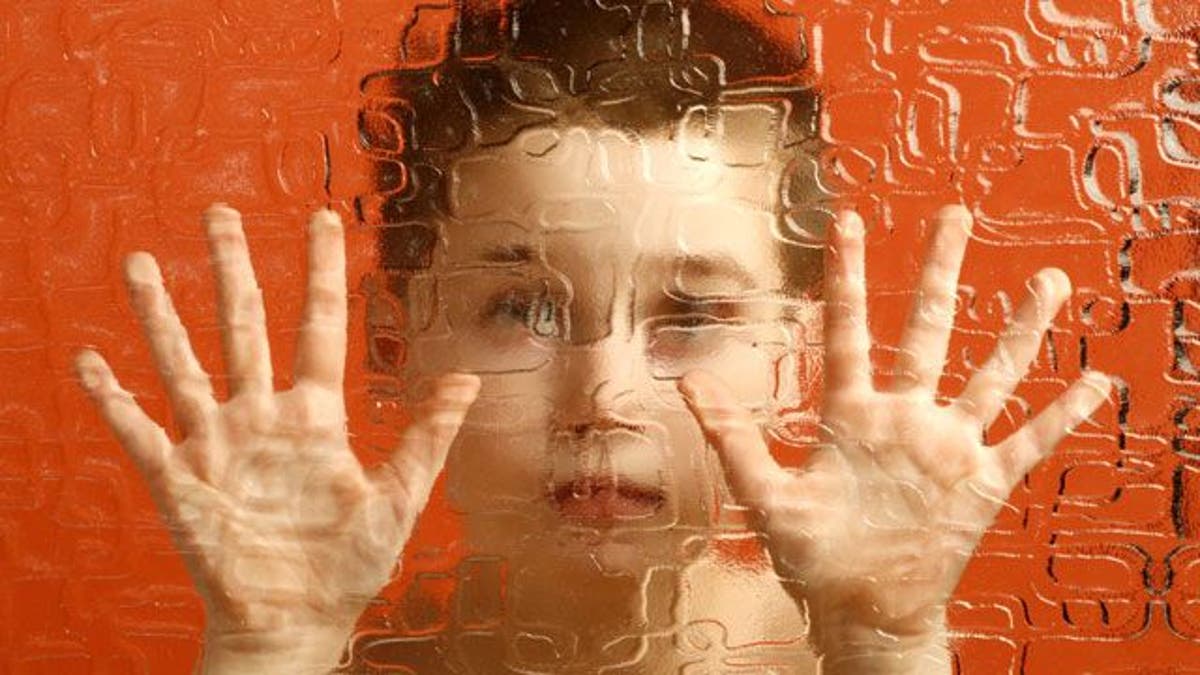
Parents concerned that their babies are showing signs of autism may be able to help them develop normally, according to a small but intriguing new published study.
Researchers analyzed seven babies at high risk for developing autism. Most of those whose parents received 12 weekly sessions on how to more effectively improve their babies' social communication and play caught up developmentally to babies who were considered low-risk and displayed no symptoms.
By 3 years of age, five of the seven babies were considered to be developing normally and had no diagnosis of autism-spectrum disorder, or ASD. Four had older siblings diagnosed with the condition. Researchers believe repeated social stimulation and making engagement with other people more appealing helped the babies learn more about social information, which is critical to their learning about language and communication.
"They went from a period of being behind to catching up or accelerating" in their development, says Sally J. Rogers, a professor of psychiatry at the University of California, Davis and one of the authors on the study, which was published Tuesday in the Journal of Autism and Developmental Disorders.
Carmen Aguilar's then-6-month-old son Emilio was identified as having developmental delays and enrolled in the study. She learned that she could optimize each opportunity for interacting with her son in a way she hadn't fully realized before, such as during diaper changes. The Sacramento, Calif., mother, now 32, had already incorporated talking, singing and nurturing touches into her routine, but now she did more.
It's long been known that early intervention benefits children with autism and related disorders characterized by social and communication deficits. But this study is thought to focus on intervention with the youngest children to date.
Autism can be diagnosed reliably around 2 years old. Preschool-age children who receive intensive therapy tend to do better than those with pronounced symptoms who are identified after that age. Despite experts' push for early intervention, the average age of diagnosis for autism is around 4 in the U.S., according to the Centers for Disease Control and Prevention.
